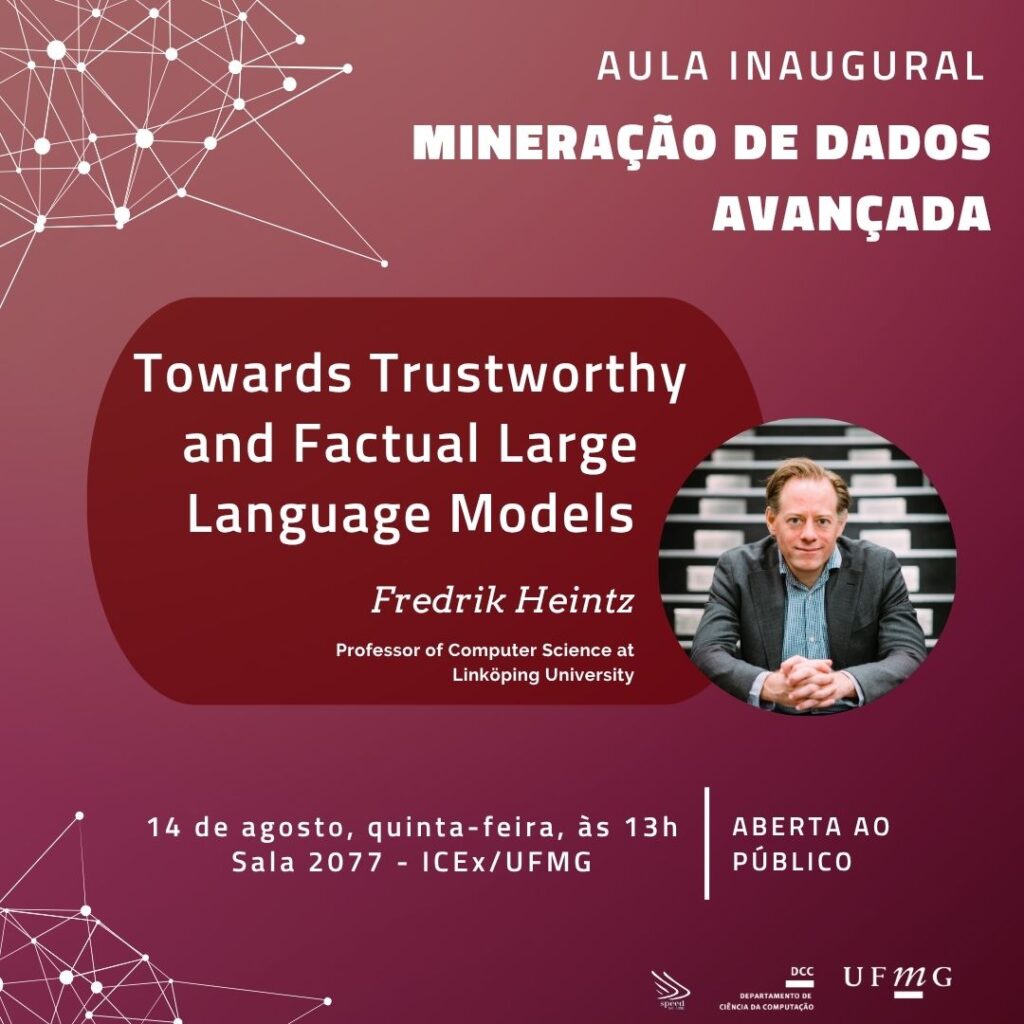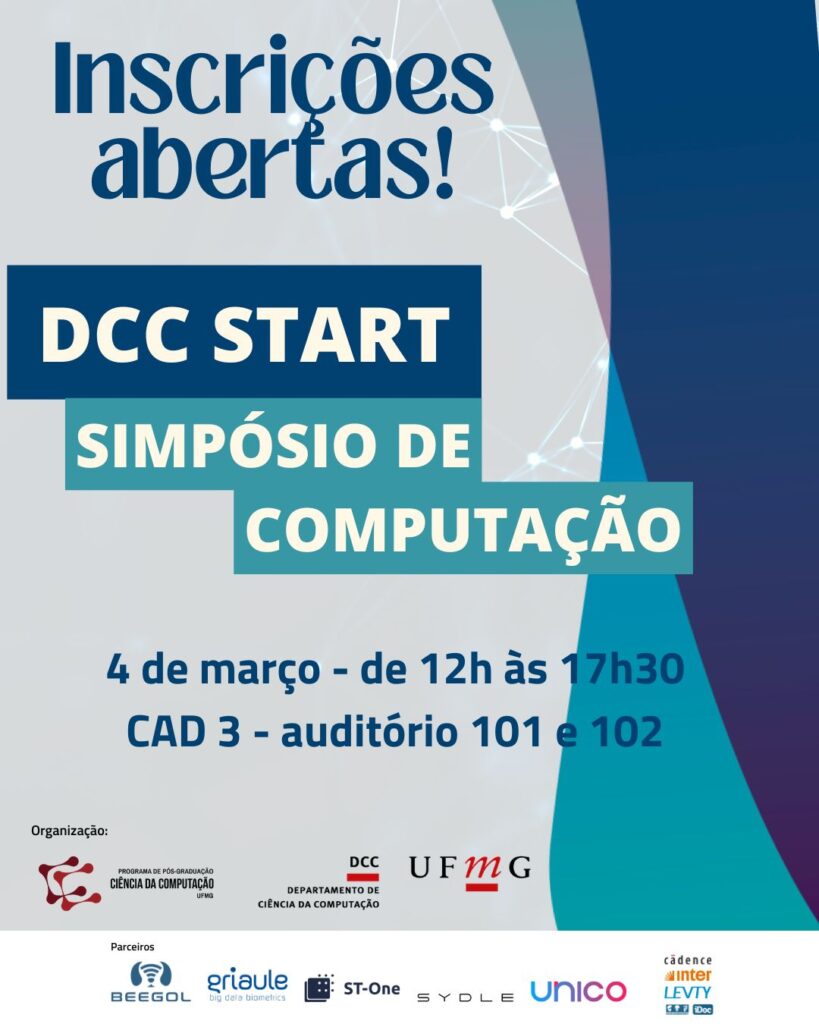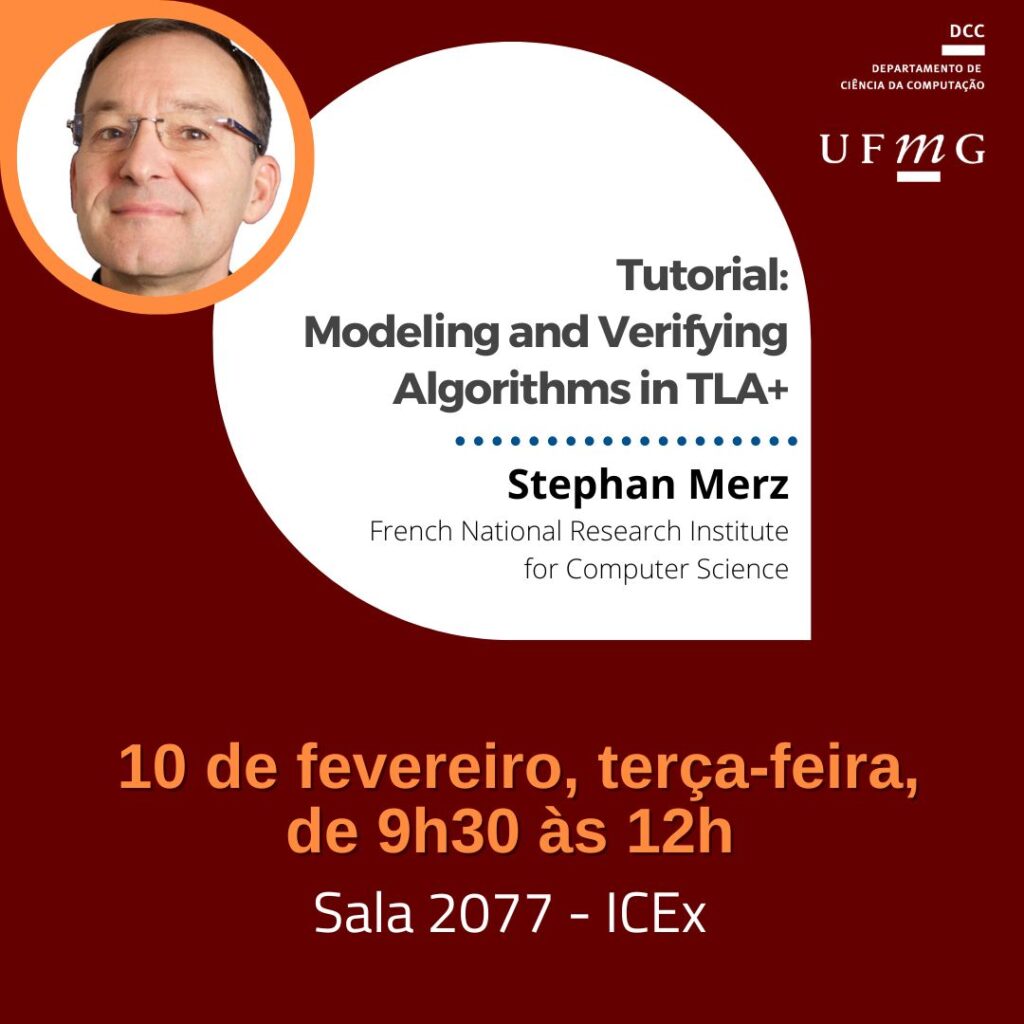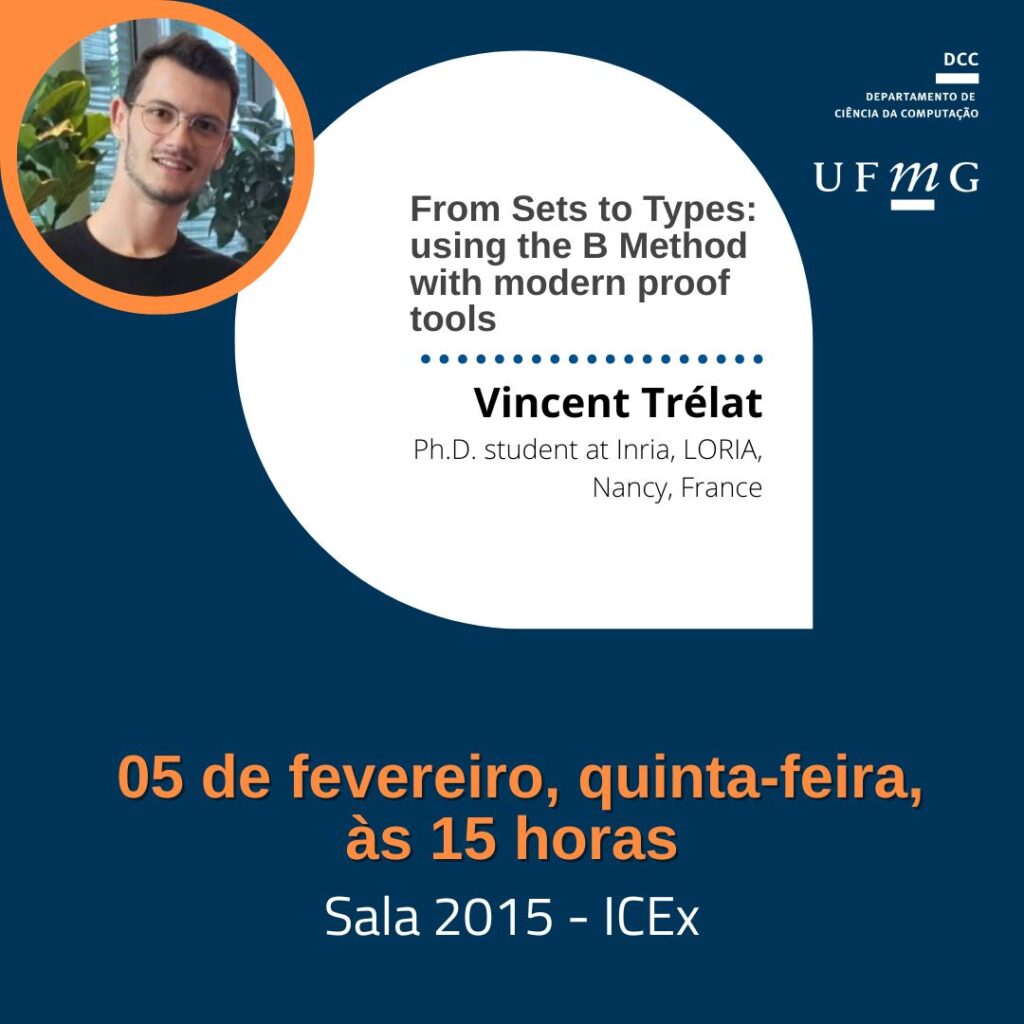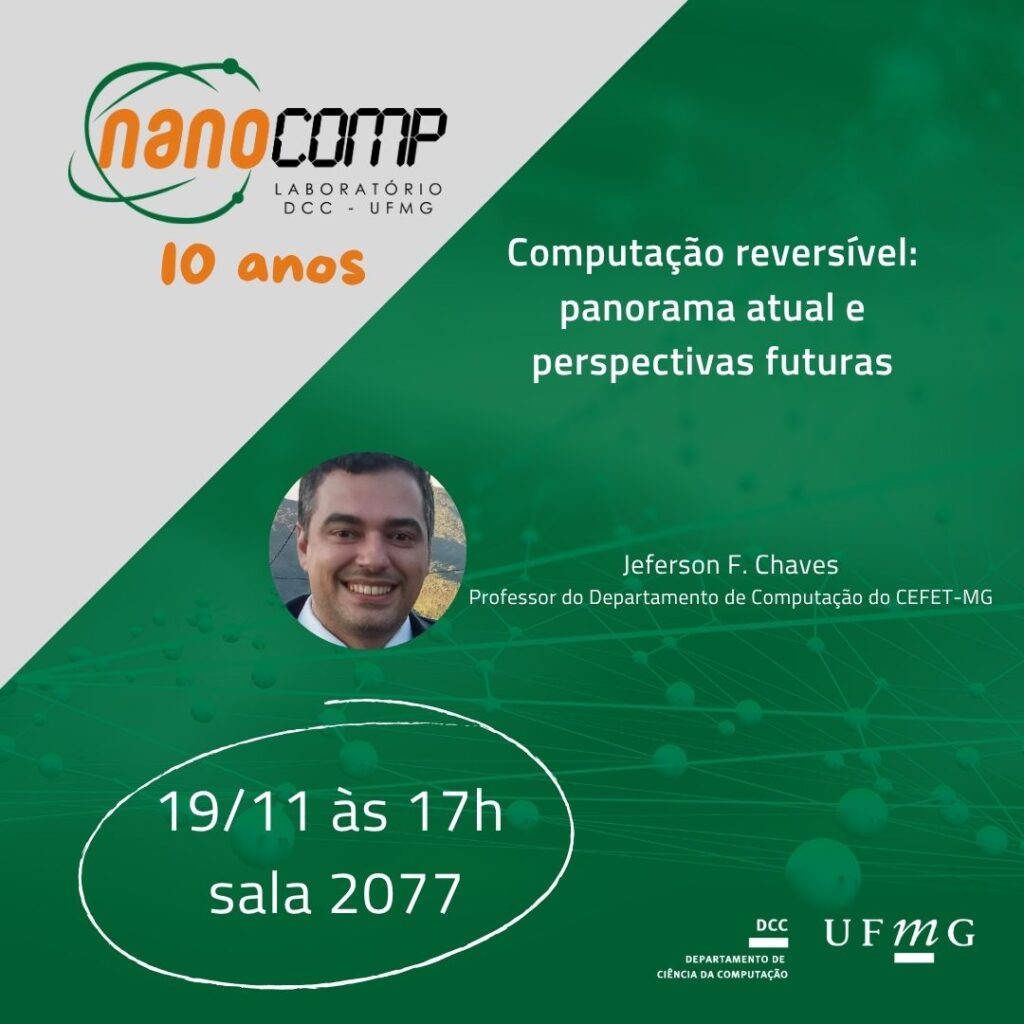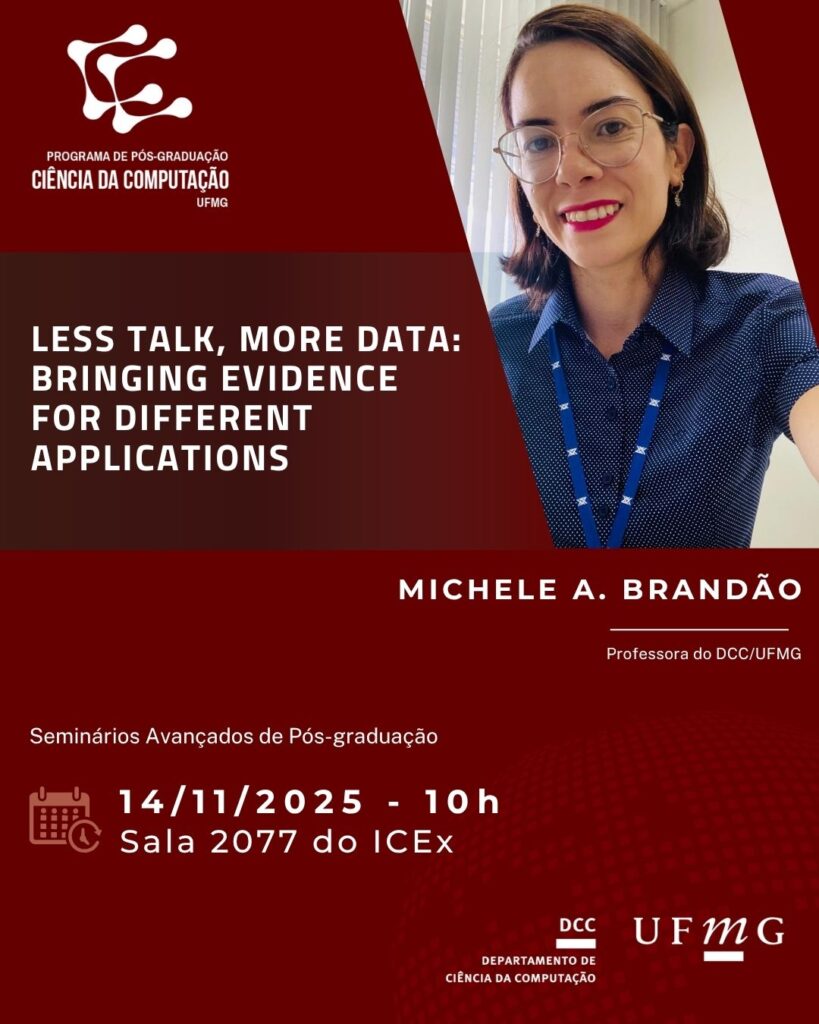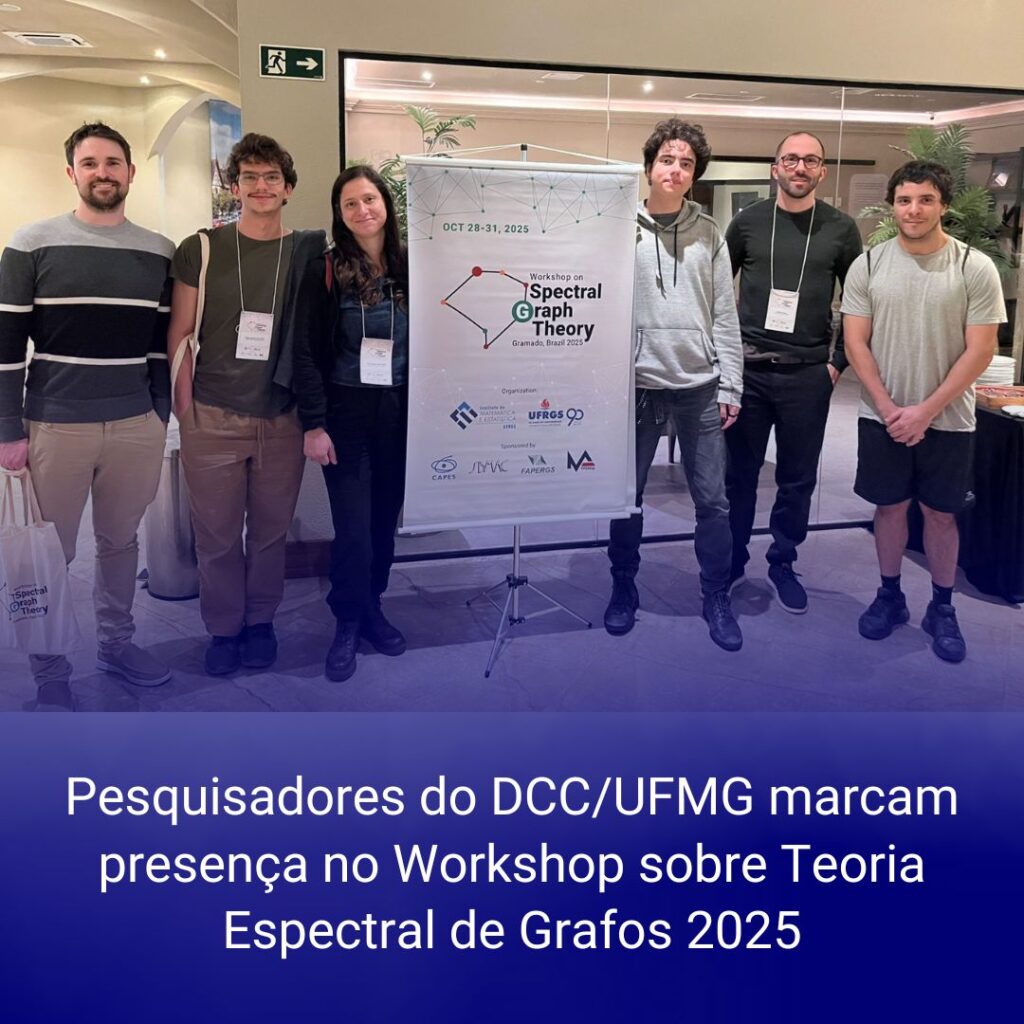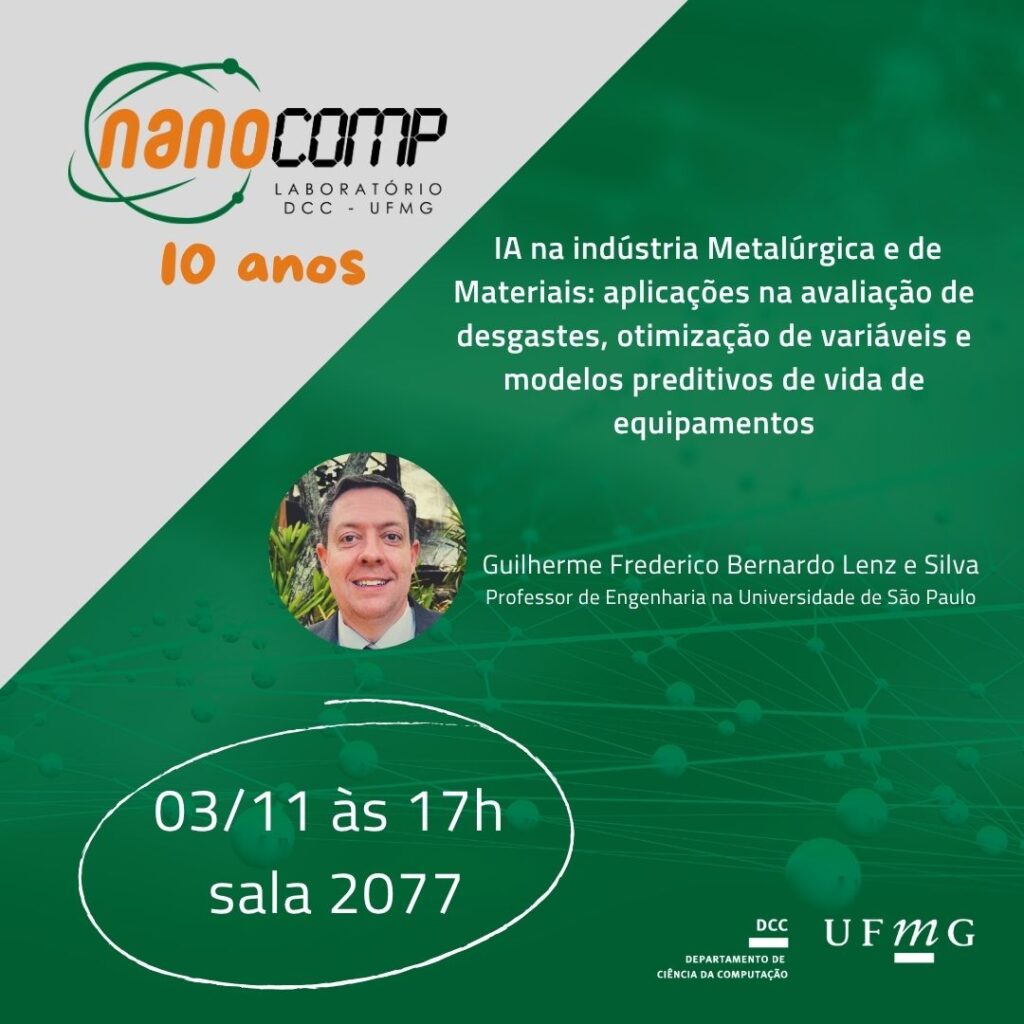Na próxima quinta-feira, 14, às 13h, na sala 2077 do Instituto de Ciências Exatas (ICEx) da UFMG, ocorrerá a aula inaugural da disciplina Mineração de Dados Avançada, com a palestra aberta ao público do professor Fredrik Heintz, da Linköping University. Não será necessária inscrição prévia. Leia abaixo mais detalhes sobre a palestra e o professor:
Title: Towards Trustworthy and Factual Large Language Models
Large Language Models are having a major impact on the world. Even though these LLMs are impressive, it is unclear if you can really trust them. This talk will present ongoing research from the EU project TrustLLM which has the goal of developing more factual and trustworthy large language models. To achieve the ambitious objectives of this project, TrustLLM will tackle the full range of challenges of LLM development, from ensuring sufficient quality and quantity of multilingual training data, to sustainable efficiency and effectiveness of model training, to enhancements and refinements for factual correctness, transparency, and trustworthiness, to a suite of holistic evaluation benchmarks validating the multi-dimensional objectives.
Fredrik Heintz is a Professor of Computer Science at Linköping University, where he directs the AI4x Center of Excellence, the Division of Artificial Intelligence and Integrated Computer Systems (AIICS), and the Reasoning and Learning lab (ReaL). His research focus is artificial intelligence especially Trustworthy AI and the intersection between machine reasoning and machine learning. Director of the Wallenberg AI and Transformative Technologies Education Development Program (WASP-ED), Co-director of the Wallenberg AI, Autonomous Systems and Software Program (WASP), Coordinator of the TrustLLM project, and Vice President for AI Research Adra the AI, Data, and Robotics partnership. Member of the Swedish AI Commission. Fellow of the Royal Swedish Academy of Engineering Sciences (IVA).

